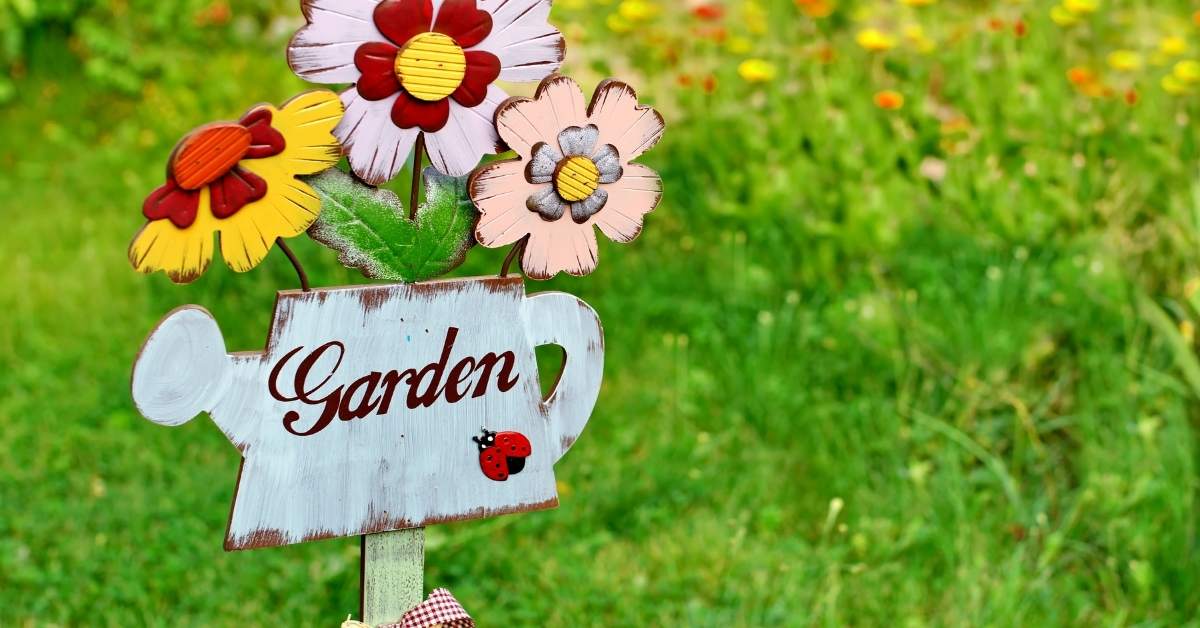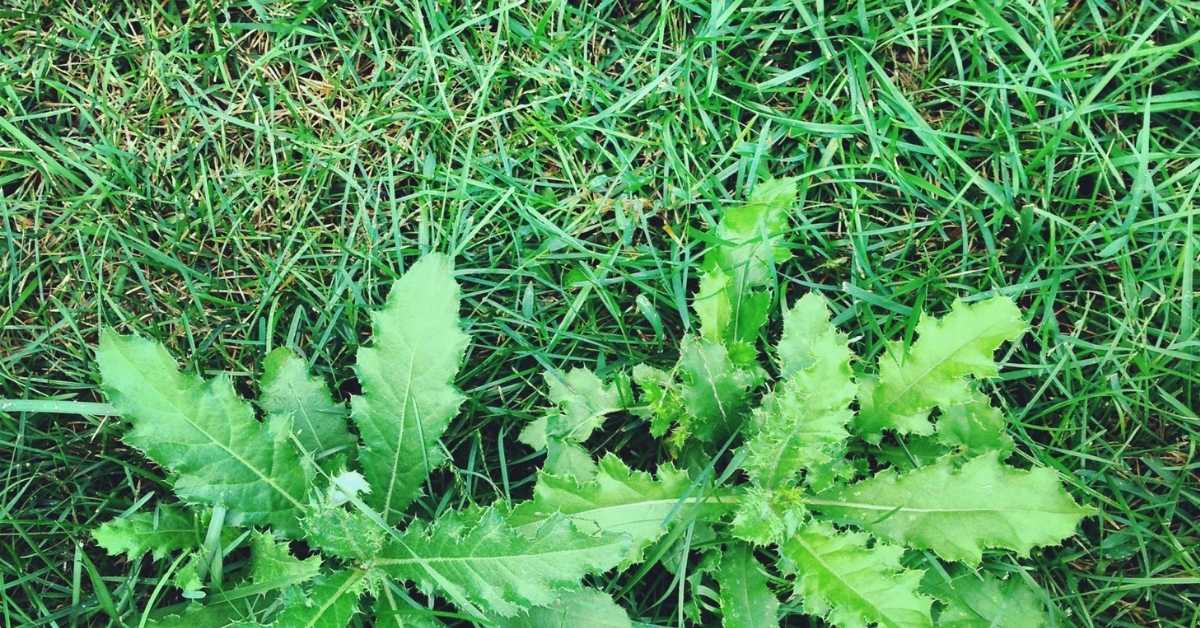Homeowners sometimes find themselves in a strange predicament when it comes to urbanization and property lines, and a little yard etiquette can sometimes go a long way.
Although urban lots are usually well marked out, that is not always the case, and those little places that are not well marked can sometimes be the spark of an angry feudal war between neighbors. Yard Etiquette is a delicate art and one that needs to be dealt with by “keeping a cool head.”
What is yard etiquette?
So what is Yard Etiquette? Etymologically, the word etiquette can be traced most recently from the French language and refers to little cards that used to prescribe the proper behavior or “silent language” at court, probably used as early as 1750 in Paris.
Although we no longer go to see the king and queen for ceremonies, at least not on a regular basis in our society, most people just call yard etiquette “good manners” or “table manners” out in the yard.
Some of the yard etiquettes you should know
- Do not mow your lawn at inconvenient times.
- Respect Property Lines When Using (and Recommending) LawnGuru
- After you’ve used your lawnmower, be sure to clean up.
- Don’t make a racket. Early Bird Discounts
- Spray Weeds, Not Your Neighbors
- Keep your pets and children under control, and mow your lawn on a regular basis.
How to use yard etiquette?
So how do we behave with our neighbors in a proper fashion? Probably the best rule is to do on to others, as you would have them do on to you. But, when it comes to weeds like dandelions, not every neighbor will be fond of them if we are just passionate about them.
And this scene repeats itself almost constantly; one person’s idea of aesthetic appeal is another person’s ideal of hideous. Human relations in an urban setting sometimes seem frustrating, almost as if we have lost our way.
No two households are the same, just as no two cities, countries, languages, religions, or individuals are the same. The etiquette we choose to have with our neighbors’ yards is a perfect example of how these relationships can be delicate.
What is the solution to this unspoken relation between our neighbors and us? The very best strategy may sound kind of spiritual, but historians have shown us time and time again that what we plant, we reap.
There is no better advice for good yard etiquette than what we plant, we reap. Opening one’s mouth about something without having anything good to say can let flies in, just as sometimes we have to eat crow. Careful and patient observations can make the world a different place altogether, and a little hope never hurt a soul.

Lawn mowing etiquette
That kind of thing can happen with volunteering trees, fruit from trees falling over in the other yard, trees that destroy fences, vegetation that one person likes. The other doesn’t, pesticides that kill our weeds as well as the perennial patch next door on a windy day, lawn mowing early in the morning to avoid the sun (waking up those that stay up late)…etc.
If we want to keep on friendly terms with our neighbors, then we need to treat them well and respect their ideal of beauty and property, even if we don’t share their opinions. And sometimes, a neighbor can get upset with us without even knowing what we did to make them that way.
Remember, leaving grass clippings on the neighbors’ driveway can really upset some of them, so be sure and sweep them off their portion of the sidewalk or driveway before putting the lawnmower away.
Try to look and see if your neighbor is putting on a barbecue or party before turning your lawnmower on. That could really get annoying if it were we in their place.
If there is a piece of grass that seems to be yours and your neighbors at the same time, check to see how your neighbor keeps their lawn; if they have really different tastes, you might want to leave it alone and let them trim it if not, they might appreciate your keeping it nice and tidy.
A slight feeling and careful observation can save you tons of energy and possibly make friends with potential enemies. When in doubt about what turf belongs to whom, be sure and take a look around and just observe what your neighbors seem to do and how they do things.
If nobody takes care of a park area in front of your house or nearby, then it most likely is the cities job to do something, but if a whole year goes by and not a soul does a thing with it, chances are that it is a local plot meant for everyone to pitch in and take care of.
When you really can’t talk to your neighbors but really need to communicate, the best solution is to send a notice detailing everything you plan on doing and make sure there are no objections.
Other than that, being polite goes a long way in urban landscapes, and if we plant polite seeds, then polite trees will grow there. Taking care of the yard is an excellent way to train human relations, especially in the suburb.


